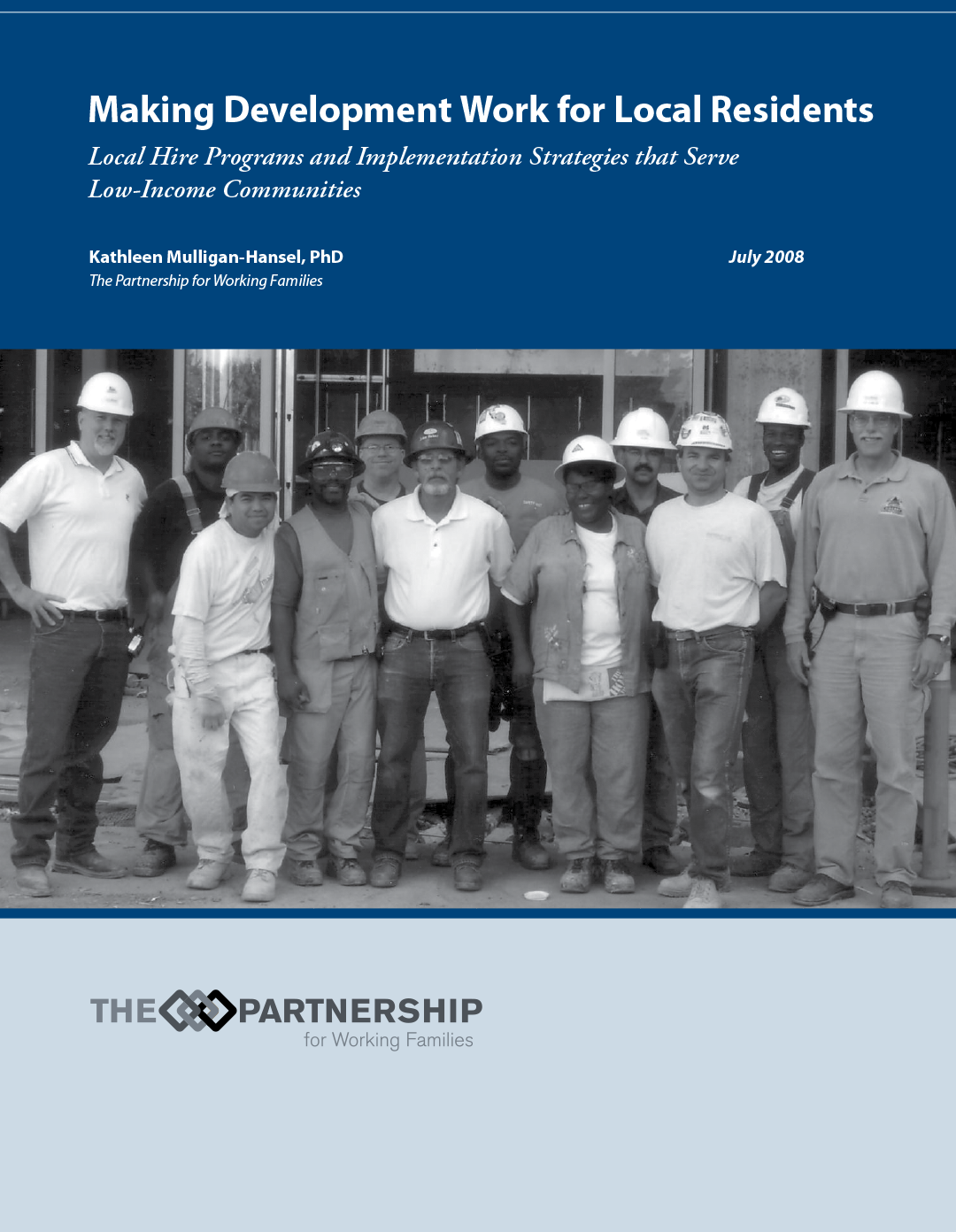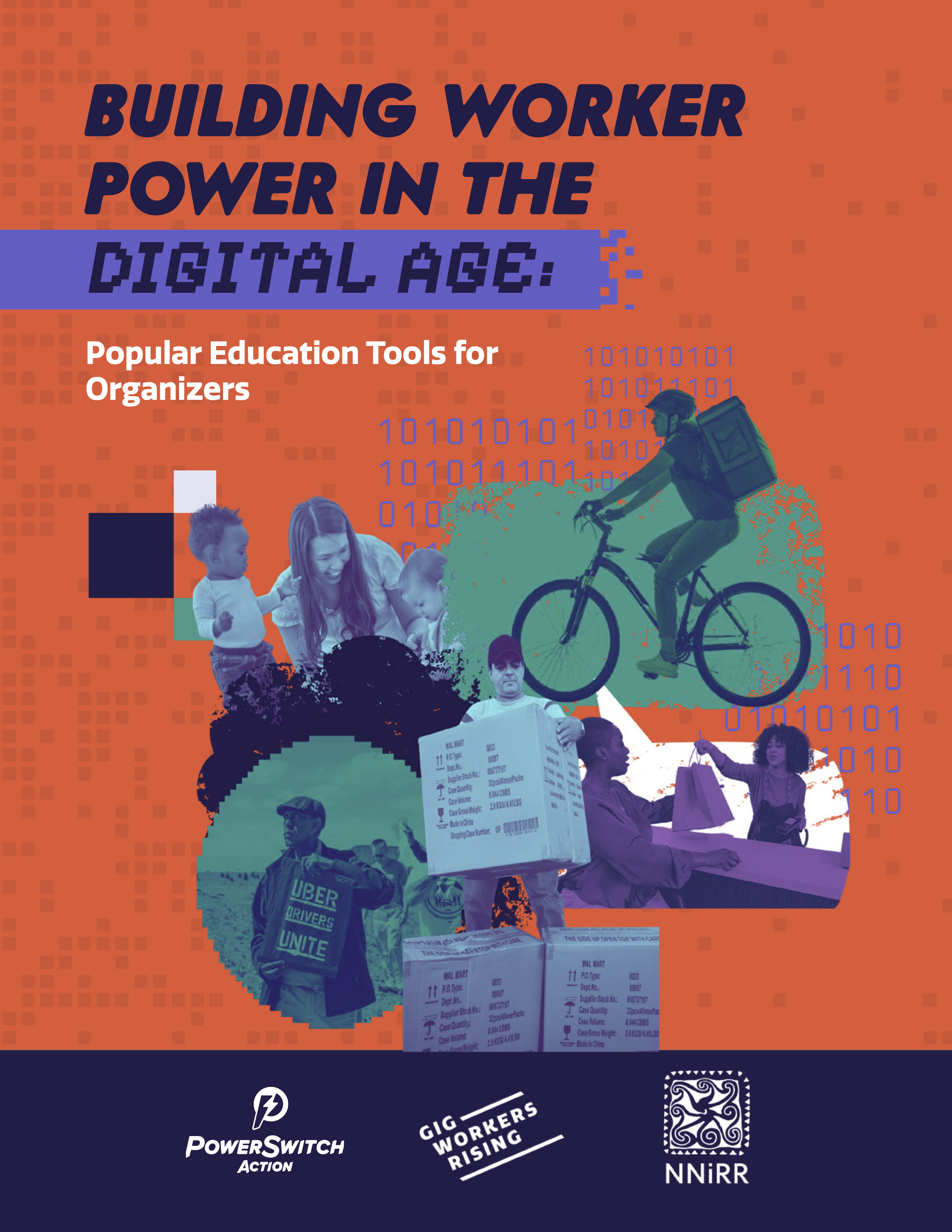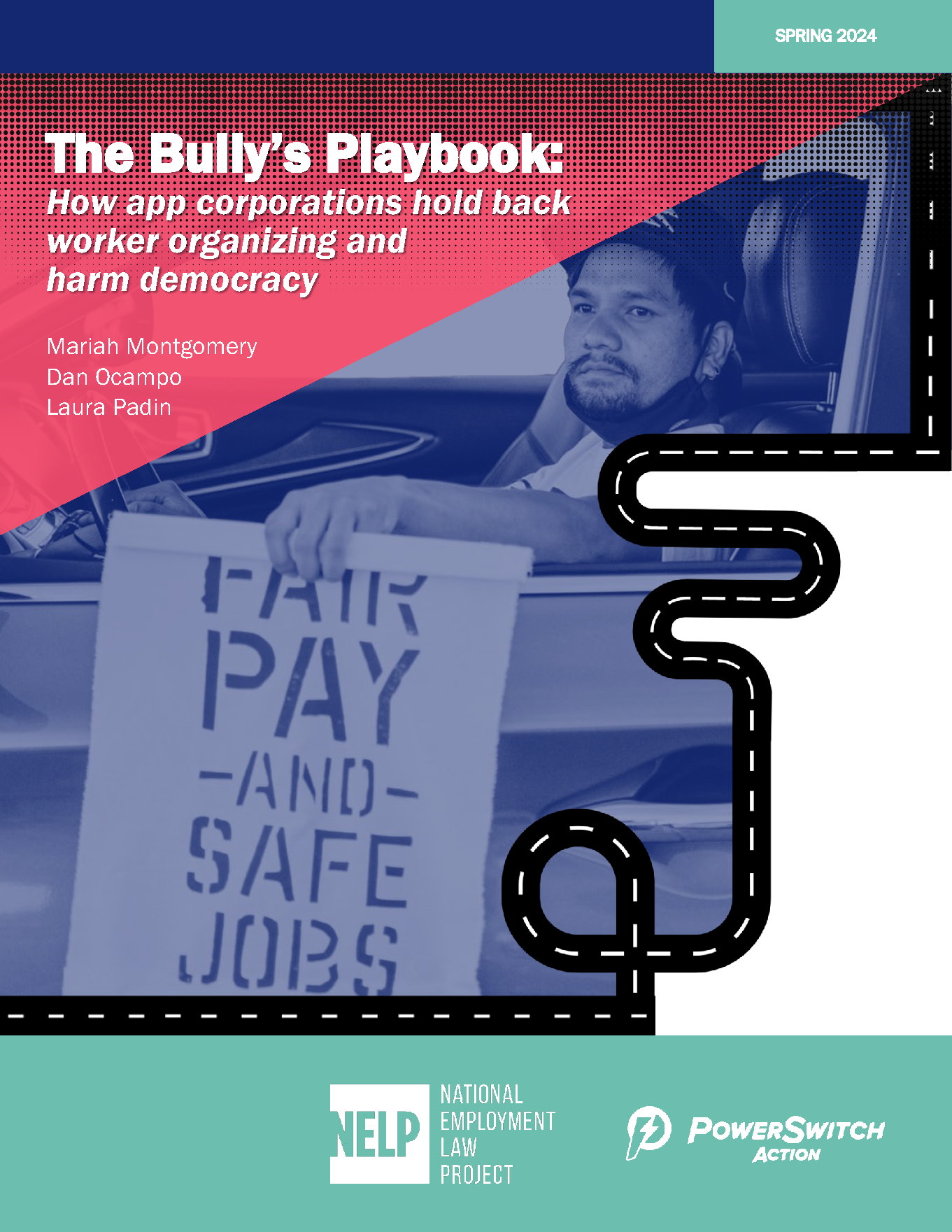Both local government policies and Community Benefits Agreements have included measures designed to ensure that disadvantaged individuals have employment opportunities in the retail, transportation, entertainment, food service and other sectors. These measures have resulted in thousands of jobs for the communities that need them most, and are sometimes paired with job training and other skills development programs that help individuals build a career.
Oakland Army Base Jobs Policies
Oakland, CA
These policies cover jobs created through the redevelopment of the former Oakland Army Base into a massive warehousing and logistics facility. The policies provide for:
50% of all jobs for local area residents, 25% of all jobs for disadvantaged residents
First-source hiring through the a local workforce development organization
All jobs covered by Oakland’s Living Wage ordinance
Strict percentage limitations on the use of temp agencies and temp workers
Fair chance hiring protections to prevent discrimination against job applicants based on conviction records
Community oversight: the City established by ordinance a community oversight commission, allowing community members to regularly review compliance reports for all employers, hold meetings with employers and recommend remedies for non-compliance
Policy Language
These Jobs Policies were included as terms in the lease agreement between the Port of Oakland and the developer, Centerpoint.
L.A. Sports and Entertainment District CBA (Staples)
Los Angeles, CA
Strategic Actions for a Just Economy (SAJE) was a major force in winning the CBA in 2001 for The L.A. Sports and Entertainment District that required local hire for the permanent jobs associated with a district-wide development plan, including several hotels, food service and retail outlets. Implementation began in summer 2007 and is overseen by SAJE.
Policy Language
First Source Hiring Policy
East Palo Alto Local Hire Ordinance
East Palo Alto, CA
The City of East Palo Alto first established local hiring requirements for a major development project in 1996. Subsequently, those requirements were codified in a city ordinance passed in 2000 that covers all redevelopment that receives more than $50,000 in city subsidy. The ordinance applies both to construction and permanent jobs. Implementation began immediately upon passage and is ongoing.
Policy Language
First Source Hiring and Local Business Enterprise Policy
Outcomes
In 2010, 34% of all retail jobs, on average, in redevelopment areas went to East Palo Alto residents through the First Source Hire policy.
North Hollywood (NoHo) Mixed-Use Redevelopment Project CBA
Los Angeles, CA
A community-labor coalition won local hire requirements as part of its community benefits campaign for the North Hollywood Mixed-Use Redevelopment Project. The CBA, signed in 2001, required local hire only for permanent jobs. The first round of hiring began in spring 2007. The policy language established the first source referral system and allowed employers to participate, but did not mandate participation.
Policy Language
NoHo Community Benefits Program
Outcomes
“College's Program Boosts New Market,” San Fernando Valley Business Journal, May 28, 2007.
Hollywood & Highland CBA
Los Angeles, CA
Los Angeles’ Hollywood & Highland development required construction and permanent local hire programs; these requirements were incorporated into development agreements signed in 1999 and were implemented in 2000 and 2001.
Policy Language
TrizecHahn Project Jobs Program - Urban Development Action Grant
Outcomes
Job Creation Summary from Community Redevelopment Agency Final Report
Los Angeles Airport Modernization CBA (LAX)
Los Angeles, CA
The CBA won in 2004 required local hiring as part of the Los Angeles Airport modernization (LAX). The agreement covers a wide array of jobs at the airport, including approximately 300 retail and food service vendors, airline employees, service contractors, baggage handlers and other jobs on the tarmac. Local hire requirements are incorporated into all new lease and contract agreements, and will be applied to renewals as existing agreements expire. Implementation began late in 2006 and is ongoing.
Policy Language
LAX Master Plan Community Benefits Agreement
Gates Cherokee Project
Denver, CO
Community benefits won for Denver’s Gates Cherokee Redevelopment in 2006 include enhanced implementation of the city’s existing local hire program for both permanent and construction jobs. Developers have yet to break ground for the project, so implementation has not formally begun, though stakeholders are in the process of establishing the infrastructure and relationships needed to implement the program.
Policy Language
Cherokee Urban Redevelopment Plan
More Information
Map of First Source Hiring Priority Areas
Sign up form to receive notice of jobs that give preference to Denver residents
First Source Local Hiring Overview and History
Community Benefits Achievements at the Gates Cherokee Project
Annie E. Casey Foundation Report: The Gates Cherokee Redevelopment Project: “A Huge Step forward for Low-Income People in Denver”
Ballpark Village CBA
San Diego, CA
The CBA for Ballpark Village, in San Diego, requires local hire for permanent and construction jobs. The agreement was signed in 2005, but changes in the nature of the project delayed groundbreaking. The project design includes residential, retail and entertainment venues, and a major hotel.
Policy Language
Ballpark Village Project Community Benefits Agreement
Implementation
Request for Proposal Guidelines: Ballpark Village Community Job Training and Placement Program






